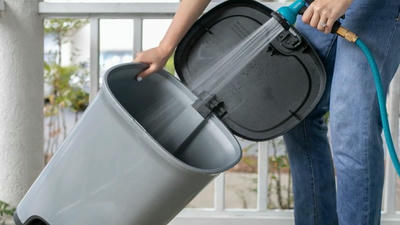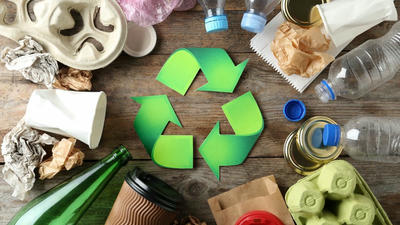Maintaining clean and odor-free trash cans is essential for a healthy home environment. While it might seem like a simple task, keeping your trash cans in optimal condition requires a bit of knowledge and regular maintenance.
Owning a pet brings immense joy, companionship, and love into our lives. However, pet ownership also comes with the responsibility of effectively managing waste, an essential task to maintain a clean and healthy environment for both our homes and our communities. Proper disposal of pet waste is crucial for various reasons, including public health, environmental protection, and community aesthetics. In this comprehensive guide, we will explore best practices for disposing of pet waste, including innovative d
Recycling is a crucial component of environmental sustainability and waste management, but misconceptions about the process and its effectiveness can hinder its success. Many individuals want to do their part for the planet but may be misled by myths that prevent them from actively promoting recycling in their households and communities. This article aims to debunk the ten most common myths associated with recycling, providing you with accurate information to empower your recycling efforts.
Garbage disposals are an essential part of modern kitchens, simplifying the process of cleaning up after meals by grinding food waste and sending it down the drain. However, not all food items are suited for disposal in these units. Introducing certain foods can lead to clogs, damage to the disposal, or even costly plumbing problems. To help you maintain an efficient and functional garbage disposal, we've compiled a list of the top ten foods you should never dispose of in your garbage disposal.
In the quest for a sustainable lifestyle, recycling stands out as a critical practice that helps reduce waste, conserve natural resources, and minimize environmental pollution. Understanding how to sort your trash effectively is essential for maximizing recycling efforts and ensuring that materials are processed correctly.





